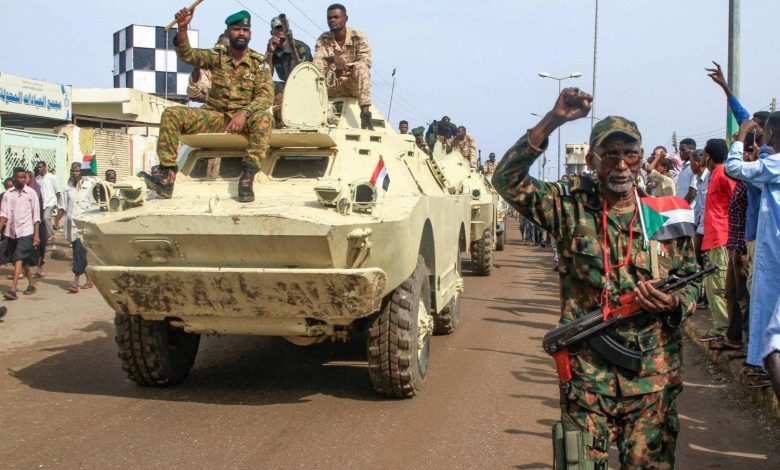
Sudan has been engulfed in conflict between paramilitary forces and the national army since April 2023. The United Nations has labeled this war as one of the worst humanitarian crises in modern history, resulting in an estimated 20,000 to 150,000 deaths and displacing approximately 11 million people.
The ongoing conflict has also brought the looming threat of famine, with 26 million people—half the population—requiring continuous food aid.
Both sides have faced repeated accusations of war crimes, including deliberate attacks on civilians. In late October, the UN raised alarms about the “staggering” scale of sexual violence, including widespread reports of gang rape.
Democratic Republic of Congo
Eastern DRC has faced a resurgence of the M23 Movement (March 23 Movement) since late 2021. Backed by Rwanda, the rebel group has captured significant territory following clashes with Congolese forces and allied militias.
This rebellion has worsened a 30-year humanitarian crisis in North Kivu, a mineral-rich region where hundreds of thousands live in makeshift shelters near the provincial capital, Goma.
While a ceasefire agreement between Rwanda and the DRC brought temporary stability in August, M23 resumed its offensive in late October, capturing several areas.
Despite renewed hostilities, both nations emphasize the importance of dialogue, with their foreign ministers reaffirming a commitment to the ceasefire in early November.
Sahel Region
Countries in the Sahel face relentless militant attacks.
Boko Haram, a major extremist group, launched an insurgency in Nigeria in 2009, leading to 40,000 deaths and displacing over two million people before spreading to neighboring countries.
In Chad, Boko Haram or its splinter factions continue assaults in the Lake Chad region.
In the “Three Borders” area—where Mali, Burkina Faso, and Niger converge—militant groups linked to ISIS and Al-Qaeda maintain their grip. These three nations, now led by military regimes following coups between 2020 and 2023, have expelled French forces and formed the Sahel Alliance to combat the insurgents.
The violence has claimed nearly 7,000 lives in Burkina Faso, 1,500 in Niger, and 3,600 in Mali in 2024 alone, according to ACLED, with challenges in verifying information worsening.
Haiti
Haiti has endured chronic political instability for decades, but gang violence surged dramatically in 2024.
Currently, gangs control 80% of Port-au-Prince, the capital. The UN reported 4,544 deaths from violence this year, likely an undercount.
Children are often victims of extreme brutality, with reports of them being mutilated, stoned, beheaded, or even burned or buried alive.
Over 700,000 people, half of them children, have been displaced by the violence, according to the International Organization for Migration.
In response, a Kenyan-led multinational police force, backed by the UN and Washington, began deploying this summer to curb the chaos.
Myanmar
Myanmar (Burma) has been mired in a deadly conflict since the 2021 military coup that overthrew a democratically elected government.
The escalating civil war has claimed over 5,300 civilian lives and displaced more than 3.3 million people, according to the UN.
Rebel groups have intensified attacks, using rockets and drones against Mandalay, the country’s second-largest city, and in October seized control of a vital trade route to China, Myanmar’s main economic partner.
This blockade deprives the junta of lucrative tax revenues and threatens its central plains strongholds.
In response, the junta called for peace talks with armed groups in late September, though these overtures have yet to yield results.



